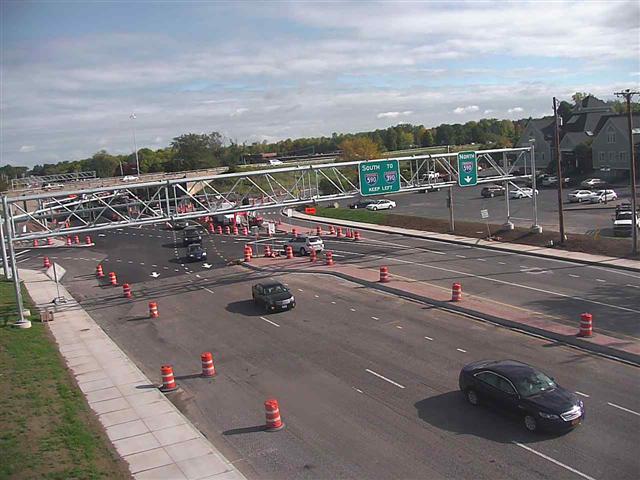The arteries of civilization, roads, are not mere pathways but lifelines connecting societies, economies, and cultures. Behind the seamless integration of these networks lies the meticulous planning, design, and execution orchestrated by civil engineers. Their role in road construction projects transcends beyond laying down asphalt; it embodies the fusion of science, innovation, and social responsibility. Let’s delve deeper into the pivotal role civil engineers play in shaping the road infrastructure landscape.
Understanding the Blueprint: Planning and Design
Before the first stone is laid, civil engineers immerse themselves in comprehensive planning and design processes. They scrutinize terrain features, traffic patterns, environmental impact, and socio-economic factors to formulate a blueprint that optimizes efficiency, safety, and sustainability.
The planning stage involves intricate analysis of various factors, such as traffic flow projections, topographical surveys, and geological assessments. Engineers leverage advanced technologies like Geographic Information Systems (GIS) and Building Information Modeling (BIM) to create detailed digital representations, enabling accurate simulations and forecasting.
Designing road infrastructure goes beyond aesthetics; it’s about functionality and resilience. Engineers integrate principles of structural engineering, transportation engineering, and materials science to develop robust designs capable of withstanding diverse environmental conditions and heavy traffic loads. From selecting appropriate materials to determining pavement thickness, every aspect is meticulously crafted to ensure durability and longevity.
Execution and Management: Turning Blueprints into Reality
Once the plans are finalized, the execution phase unfolds, transforming theoretical concepts into tangible structures. Civil engineers oversee the coordination of various stakeholders, including contractors, subcontractors, and laborers, to ensure seamless project implementation.
The execution process involves a symphony of activities, from earthwork and grading to pavement construction and drainage installation. Engineers employ advanced construction techniques and machinery to expedite the process while adhering to stringent quality and safety standards.
Effective project management is crucial to the success of road construction endeavors. Engineers utilize project management methodologies like Critical Path Method (CPM) and Program Evaluation and Review Technique (PERT) to monitor progress, allocate resources, and mitigate risks. Constant communication and collaboration among team members streamline operations and minimize delays, ensuring timely project completion.
Innovations Driving Progress: Embracing Technological Advancements
The field of civil engineering is witnessing a paradigm shift fueled by technological advancements. Engineers are embracing innovations like autonomous construction vehicles, 3D printing, and self-healing materials to revolutionize road construction processes.
Autonomous construction vehicles equipped with advanced sensors and GPS technology are revolutionizing earthwork and grading operations, enhancing precision and efficiency while reducing labor costs. 3D printing technology is poised to disrupt traditional construction methods by enabling rapid prototyping of infrastructure components, reducing material wastage and construction timelines.
Self-healing materials, embedded with microorganisms or shape-memory polymers, have the potential to revolutionize pavement maintenance by autonomously repairing cracks and surface damage, prolonging infrastructure lifespan and reducing maintenance costs.

Sustainability and Environmental Stewardship
In an era of increasing environmental awareness, sustainability is at the forefront of road construction endeavors. Civil engineers are incorporating eco-friendly practices and materials to minimize carbon footprint and mitigate environmental impact.
From utilizing recycled aggregates in pavement construction to implementing green stormwater management systems, engineers are embracing sustainable solutions that balance infrastructure needs with environmental preservation. Innovative techniques like permeable pavements and green roofs are enhancing water infiltration and reducing urban heat island effects, creating more resilient and eco-friendly urban landscapes.
Conclusion: Driving Towards a Sustainable Future
Civil engineers are the unsung heroes behind the seamless networks that connect our world. Their expertise, innovation, and commitment to excellence are the driving force behind the evolution of road infrastructure. As we embark on the journey towards a sustainable future, the role of civil engineers in road construction projects becomes more indispensable than ever.
From planning and design to execution and management, civil engineers orchestrate every aspect of road construction with precision and foresight. Embracing technological advancements and sustainable practices, they are shaping a future where roads not only connect destinations but also pave the way towards progress and sustainability. If you are looking for some information about civil engineers in road construction, please check out Line Marking Pro to learn more.




